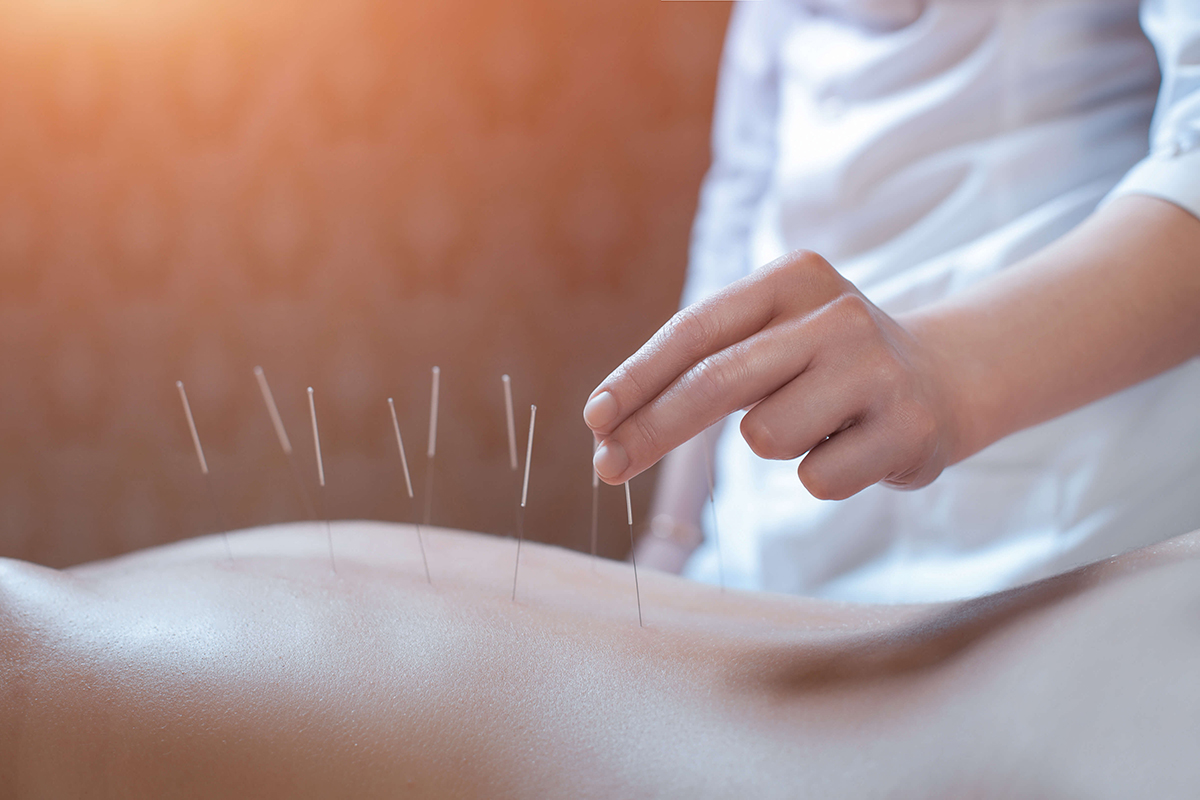We know that acupuncture has been practiced as a system of medicine for more than 2000 years, but its philosophy and roots predate what has been recorded. The longevity of this practice speaks volumes to its resilience and efficacy, and as more people experience the benefits it has grown in popularity becoming more widely embraced as a health solution.
There are, however, still some misconceptions and fears which that sometimes deter people from embracing acupuncture as a complementary treatment to Western medicine. Though the World Health Organization, the American Medical Association, and countless research studies all say acupuncture works, there are still some skeptics. We’d like to clear up some of the more common misconceptions to help you make informed decisions about your health and wellness.
Fear of Needles
It’s understandable to think being pricked with a needle will be painful or at least uncomfortable. Contrary to popular belief, acupuncture needles bear little or no resemblance to conventional hypodermic needles used for injections or blood tests. Acupuncture needles are very thin, about the size of a hair strand.
Rather than pain, most patients report a vague sensation at the site of a needle which includes tingling, heaviness, warmth, or nothing at all. Once we insert the first needle people usually say something like, “Wow, that’s it?” Our reply is, “Yep, that’s it. Now you can relax!”
Misunderstanding it/Doubting it Works
Acupuncture is both a medical intervention and a tool for staying healthy. When you receive acupuncture and your energy is flowing correctly, it is not necessary to believe in it for the treatment to work. Nor do you need to understand how the system works.
The idea that acupuncture only works as a placebo is one of the most common misconceptions about acupuncture. Over the past decade, scientific studies have come a long way in disproving this claim. Acupuncture has been used successfully to treat young children and animals, neither of whom have preconceived beliefs about its effectiveness. We highly suggest you try it and see what you think.
Trying it Only Once
Acupuncture has been improving peoples’ lives for thousands of years. But, just as people have different responses to medications or surgery, people will have different responses to acupuncture. Some people do feel better after one acupuncture treatment, but it usually takes some follow-up, especially when addressing chronic conditions.
As acupuncturists, we always look to treat the root cause of your issues. This takes patience, time, and attention. Just like building muscle by going to the gym, acupuncture has a cumulative effect, which requires a commitment to the process.
And, keep in mind, not all acupuncturists are the same. There are many different styles of acupuncture with a broad range of training. All forms of acupuncture are rooted in the same classical Chinese texts, but the underlying theory has been interpreted in various ways by different groups of practitioners.
Occasionally, people find that acupuncture doesn’t help them, and in those cases, we would work to find a referral to another type of health care provider. Our end goal is always to help you feel better. If you’d like to get started with acupuncture or you have further questions, please call us at 212-991-8680 or email info@aprpc.com.


